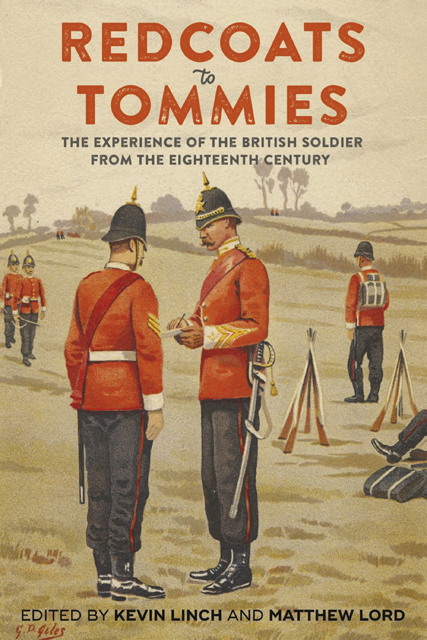6 - ‘Something-to-smoke, at the right time, is a godsend’: Voluntary Action and the Provision of Cigarettes to Soldiers during the First World War
Published online by Cambridge University Press: 17 January 2023
Summary
The First World War enabled a boom in the use of tobacco products in Britain, particularly the cheap, mass-produced cigarette. The economies of scale made possible by machine automation of cigarette production – beginning in the late nineteenth century – led to the rise of a mass market for cigarettes in particular. Wartime conditions enabled a continuation and entrenchment of smoking habits among broader swathes of the British population than had been possible before. Not only was war good for business, cigarettes were widely seen as an essential part of the combatants’ kit, alongside food and clothing. Existing national and international organisations, from the charitable humanitarian Red Cross Society to patriotic groups such as the Over-Seas League, introduced ‘comforts funds’ to provide soldiers and sailors with better quality food, warm clothing, sports equipment, gramophone records and games. Cigarettes and tobacco were also a central component of these efforts, with specialist ‘tobacco funds’ springing up all over Britain, organised by similarly established organisations, as well as under the auspices of national and provincial newspapers, factories, public houses, social clubs, trade unions, Chambers of Commerce, churches and women’s voluntary societies. With the tacit involvement of the state through relaxed import and export rules, tobacco firms also provided products direct to soldiers fighting abroad, in many cases cutting out small retailers who relied on an ever-shrinking, loyal customer base, which was badly affected by military recruitment.
For some, the importance of tobacco dwarfed the basic necessities of life – food, warmth and shelter – getting to the heart of what it meant to be part of a modern ‘total’ conflict. Contemporary debates about the potential negative effects of smoking were elided by the foremost British medical journal The Lancet in October 1914, to underline its special status:
We may surely brush aside much prejudice against the use of tobacco when we consider what a source of comfort it is to the sailor and soldier engaged in the nerve-wracking campaign … tobacco must be a real solace and joy when he can find time for this well-earned indulgence.
Indeed, as Fiona Reid notes, early twentieth-century doctors were already aware of the addictive properties of nicotine, with excessive consumption also linked to the development of heart defects.
- Type
- Chapter
- Information
- Redcoats to TommiesThe Experience of the British Soldier from the Eighteenth Century, pp. 120 - 146Publisher: Boydell & BrewerPrint publication year: 2021

